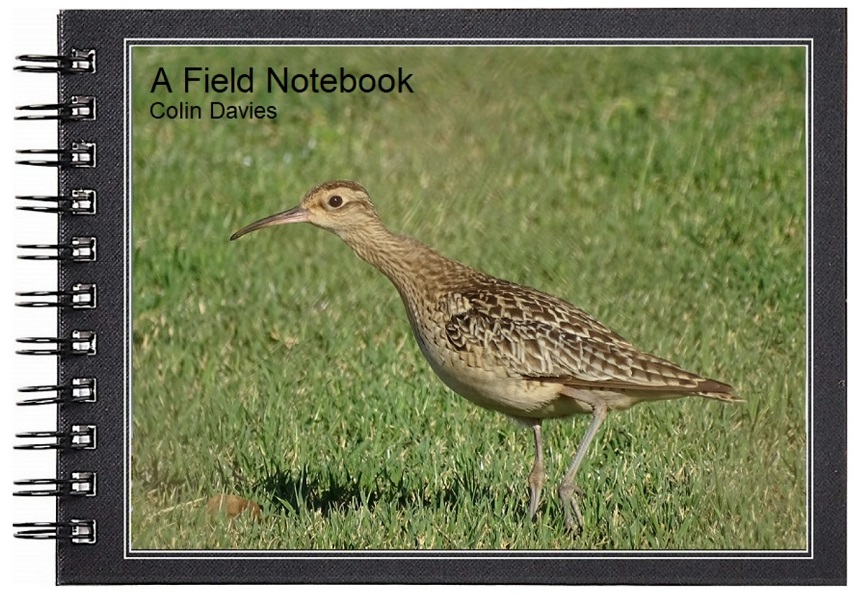I was working near Downham Market in Norfolk today, doing a water vole survey. It was hot work with the sun blazing down and temperatures in the mid-twenties, wading through a heavily vegetated ditch containing brooklime, water-cress, reedmace, water-starwort, sweet-flag and various other species.
There were plenty of dragonflies on the wing and one of the first I found was one of the spreadwing species, or emerald damselflies as they're pehaps more frequently called. My suspisions were immediately aroused because I'd never seen common spreadwing (i.e. emerald damselfly) in that kind of habitat before, I usually see them in very acidic areas of bog, or around shallow pools. I knew that there are now three species of spreadwing in the UK but I wasn't sure of the status of the rarer species in these rapidly changing days of climate change. Though I couldn't remember exactly what the differences are, I did at least know that they include the markings on the side of the thorax and the colour of the appendages, so I tried to get photographs which showed both. Fortunately these confirmed that the species in question was willow spreadwing, a fairly recent colonist to the UK and a first for me in this country, though I have previously seen them in Spain. From rare vagrant to the UK just 10 years ago, willow spreadwing can now be found in many places in Norfolk, Suffolk and Essex. Other dragonflies seen today included ruddy and common darter and brown and migrant hawker.
Also today we found a long-winged conehead bush cricket, a first for me and a nice comparison with their short-winged cousins I saw at Marshside and Arnside a week or two ago.
While we were in Norfolk it seemed a good opportunity to have a look for some hoverflies, and there was quite a nice selection, including a new one for me in the form of Cheilosia impressa.
Perhaps most spectacular though was this impressive fly, Nowickia ferox (thanks to Ray for the ID).
Ruddy darter.
Common darter.
Water-cress
Water-starwort sp.
Wednesday, 24 August 2016
Subscribe to:
Post Comments (Atom)
Popular Posts
-
There's been a drake bufflehead frequenting the North Wales coast since the beginning of December and finally today I managed...
-
Another great day at Martin Mere, the highlights for me being these two adult spoonbills on the pond outside the United Utilities...





















No comments:
Post a Comment